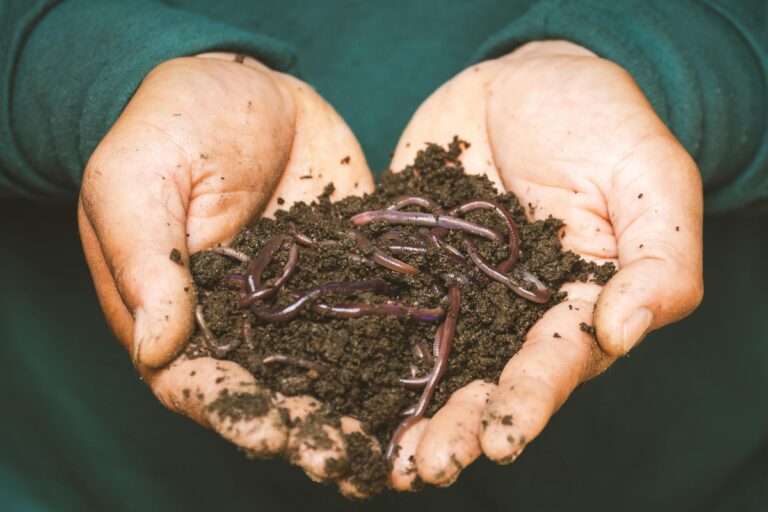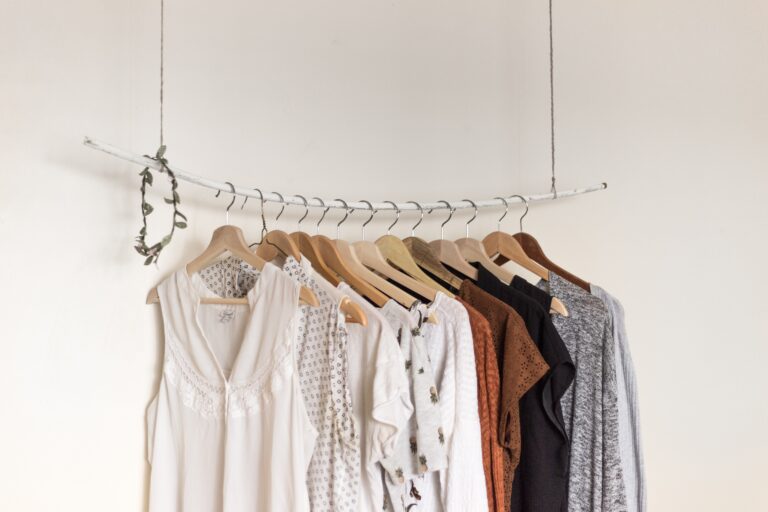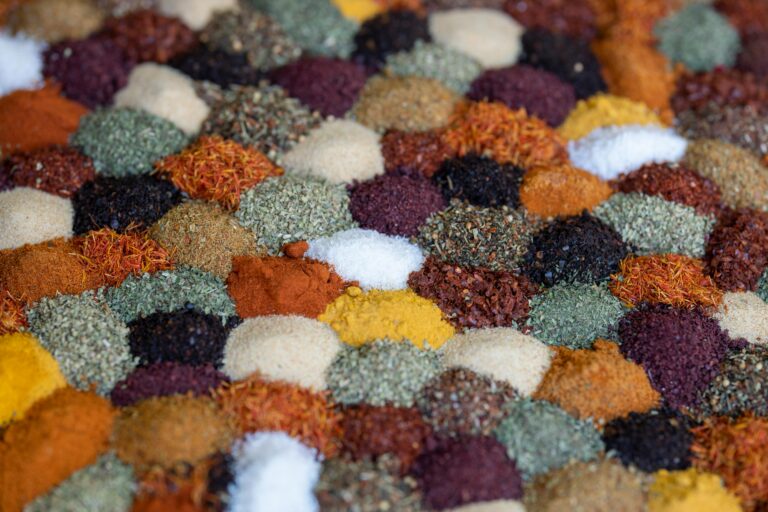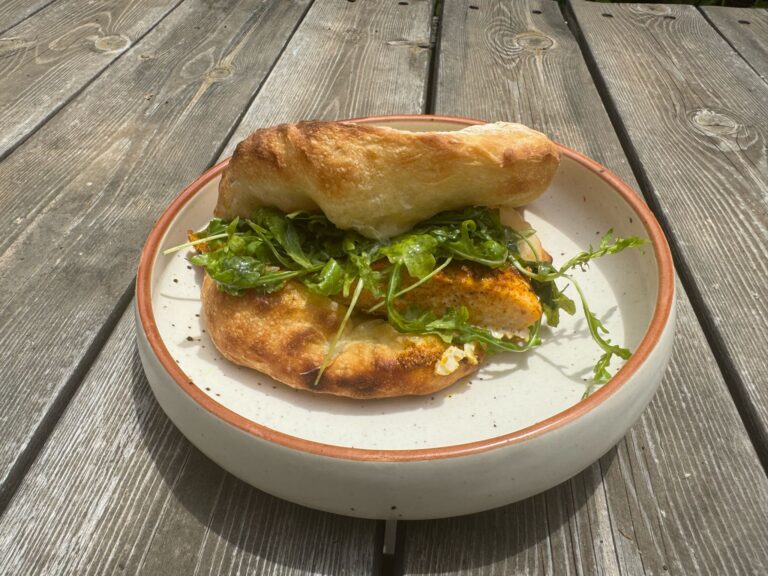Eco-friendly Living: DIY Natural All-Purpose Cleaner
Looking for a way to keep your home clean but without all the harsh chemicals? This DIY natural all-purpose cleaner has been by go to for almost 2 years now and I’ve never looked backk. By using simple ingredients like vinegar, water, and leftover lemon peels, you can create a cleaning solution that is both effective and safe for the planet. Say goodbye to harsh chemicals and hello to a cleaner, greener home.
Understanding the Power of Natural Ingredients
The efficacy of natural ingredients in household cleaning tasks isn’t a modern discovery but rather a return to time-tested methods. Vinegar and lemon peels, for example, harness remarkable antibacterial and antifungal qualities that rival many of today’s commercial products. The acidity in vinegar makes it an exceptional agent for dissolving soap scum, polishing chrome fixtures, and deodorizing surfaces. It also breaks down grease and grime, restoring surfaces with a streak-free shine.
Lemon peels add a boost to the vinegar’s cleaning power with their natural oils and refreshing scent. The citric acid in the peels enhances the vinegar’s ability to cut through grime and disinfect surfaces effectively.
Incorporating these natural ingredients into a cleaning routine not only capitalizes on their intrinsic properties but also allows for a customizable approach to home care. Depending on the task at hand or personal scent preferences, different essential oils can be combined with your vinegar mixture to target specific cleaning challenges or to create a desired ambience within the home. This versatility is one of the many advantages of opting for natural cleaners over their synthetic counterparts.
Furthermore, the use of these naturally derived substances emphasizes a shift towards more sustainable living practices. As awareness of the environmental impact of synthetic chemicals increases, turning to proven, natural alternatives offers a way to maintain cleanliness and hygiene in our living spaces without compromising the health of our planet.
The Environmental Impact of Homemade Cleaners
Switching to homemade natural cleaners plays a significant role in promoting environmental wellness. Many of the ingredients in commercial cleaning products are derived from non-renewable resources and undergo extensive processing and packaging phases, which contribute to carbon emissions and environmental degradation. The manufacture, transportation, and disposal of these products often involve the release of harmful substances into ecosystems, adversely affecting water quality, wildlife, and plant life.
By opting for DIY natural all-purpose cleaners, individuals can significantly mitigate these impacts. Homemade cleaners use simple, biodegradable ingredients like vinegar and lemon peels, which have minimal effects on the environment. Moreover, these substances are often available in bulk, allowing consumers to purchase larger quantities with less packaging waste. Reusing spray bottles or containers for homemade cleaners further decreases the demand for plastic, a major source of pollution, by reducing the amount of plastic that ends up in landfills and oceans.
Another crucial benefit is the avoidance of toxic runoff. Conventional cleaning agents can contain phosphates, nitrates, and other chemicals that, when washed down the drain, can lead to eutrophication in water bodies, fostering the growth of harmful algal blooms that deplete oxygen and threaten aquatic life. Homemade cleaning solutions, being natural and harmless, do not pose such risks to waterways, thus safeguarding aquatic ecosystems and the species that inhabit them.
In essence, the shift towards making and using natural cleaners is a tangible step towards reducing environmental footprint and promoting a healthier planet. It underscores the importance of conscious consumerism and the power individuals have in making choices that benefit the environment.
Zero Scrap Recipe for DIY Natural All-Purpose Cleaner
Creating your own natural all-purpose cleaner is quick and easy. Here’s a simple, zero-scrap recipe to get you started:
Natural All-Purpose Cleaner
Ingredients
- Lemon peels leftover from use in the kitchen
- Distilled white vinegar
- Water
- Essential oils optional
Instructions
- Prepare the Lemon Vinegar Mixture: Place leftover lemon peels in a jar and fill it with distilled white vinegar. Let the mixture sit for about two weeks. The lemon peels will infuse the vinegar with their oils and scent, enhancing its cleaning power.
- Strain the Mixture: After two weeks, strain the vinegar to remove the lemon peels. The infused vinegar is now ready to use.
- Mix with Water: Combine the infused vinegar with an equal part of water (50/50 ratio) in a clean spray bottle.
- Add Essential Oils (Optional): If desired, add 10-15 drops of essential oil to the mixture for additional fragrance and antimicrobial properties. Popular choices include lemon (citrus), lavender, or tea tree oils.
- Shake Well: Secure the spray bottle lid and shake well to mix the ingredients thoroughly. Remember to shake the bottle before each use as the essential oils can separate from the vinegar and water over time.
Notes
Best Practices for Using Your Natural Cleaner
When you begin incorporating your natural all-purpose cleaner into your home care routine, it’s crucial to apply it correctly to ensure the best results and maintain the integrity of your surfaces. Initiate your cleaning process with a patch test on an unseen section of the surface you intend to clean. This precautionary step helps in confirming that the cleaner does not adversely affect the material, especially on surfaces that may be sensitive to acidic solutions like vinegar.
While vinegar is a versatile and effective cleaning agent, its use on certain materials such as marble, granite, or any porous stone is ill-advised due to its potential to etch the surface. For areas that are heavily soiled or have significant buildup, apply the cleaner generously, allowing it to penetrate the grime for a few minutes. This dwell time aids in breaking down the dirt, making it easier to wipe clean. After applying the cleaner, use a soft cloth or sponge to gently scrub the surface, if necessary, to remove residue or stains. Conclude the cleaning by rinsing the area with water to remove any remaining cleaner, ensuring that no residue is left behind which could attract dirt or become sticky.
For glass surfaces or mirrors, consider using a lint-free cloth to avoid leaving streaks. This natural cleaner can also be utilized in combination with baking soda for tasks requiring a mild abrasive, such as cleaning sinks or bathtubs.
By adhering to these best practices, you’ll optimize the effectiveness of your DIY cleaner, maintaining a clean, fresh, and safe home environment.
Customizing Your Cleaner with Essential Oils
One of the most enjoyable aspects of crafting your own all-purpose cleaner is the freedom to personalize the aroma and cleaning properties through the use of essential oils. Tailoring the scent to match your personal preferences or the mood you wish to evoke in your home adds a unique touch to your cleaning routine. Whether you’re seeking the crisp, uplifting note of citrus or the soothing, gentle essence of herbs, essential oils offer a wide array of options.
Lavender essential oil is renowned for its calming effects, making it perfect for spaces where relaxation is key, such as bedrooms or bathrooms. Lemon essential oil, on the other hand, brings a vibrant, clean scent that energizes the room and is ideal for kitchen spaces or areas that need a freshness boost. Tea tree oil is another excellent choice, prized for its strong antimicrobial properties, which can enhance the cleaner’s effectiveness in bathrooms or areas prone to mold and mildew.
For those interested in exploring beyond these popular options, eucalyptus oil provides a refreshing and clean aroma with natural antibacterial benefits. Peppermint oil, with its cool, invigorating scent, can help in creating an environment that feels exceptionally clean and lively.
Mixing and matching these oils allows for the creation of custom blends that cater to your cleaning needs and aromatic preferences. A combination of eucalyptus and lemon can offer a refreshing and purifying atmosphere, while lavender mixed with a hint of tea tree can provide a soothing yet potent cleaning solution.
Experimenting with different essential oils not only diversifies the scents in your home but also leverages the varied natural properties of these oils, enhancing your homemade cleaner’s effectiveness and making the cleaning process a more enjoyable and tailored experience.
Storage and Shelf Life of Homemade Cleaners
When it comes to preserving your DIY all-purpose cleaner, the key is to store it properly to ensure it remains effective and retains its pleasant aroma over time. Choose a location that is cool and shaded, as exposure to sunlight can degrade the essential oils and vinegar, affecting the cleaner’s potency and fragrance. It’s also wise to select a container that is both airtight and opaque to protect the contents from light and air, which can hasten deterioration.
Homemade cleaning solutions, lacking the chemical preservatives found in commercial products, have a more limited shelf life. It’s advisable to prepare these cleaners in small quantities that you anticipate using within a month. This approach not only ensures that the cleaner remains fresh and effective but also aligns with the sustainable practice of reducing waste.
Be attentive to the signs that your cleaner may no longer be at its best. A change in the smell, color, or separation of ingredients can indicate that it’s time to dispose of the old batch and prepare a new one. Keeping a close eye on these aspects will help maintain the quality and effectiveness of your homemade cleaning solution.
In summary, proper storage and regular assessment of your natural all-purpose cleaner are essential steps in maximizing its shelf life and maintaining its cleaning power. By following these guidelines, you can enjoy the benefits of your eco-friendly cleaner for as long as possible.
The Cost Benefits of Making Your Own Cleaner
Embracing the creation of a natural all-purpose cleaner is not just a step toward sustainability but also a savvy economic decision. The initial investment in basic, bulk-purchased ingredients like vinegar and essential oils may seem modest, but it yields a high return in the form of numerous batches of effective
cleaner. This homemade approach contrasts sharply with the ongoing expense of purchasing commercial cleaners, which not only come with a higher price tag due to branding and marketing costs but also often feature synthetic chemicals and preservatives that you can avoid by making your own cleaner.






